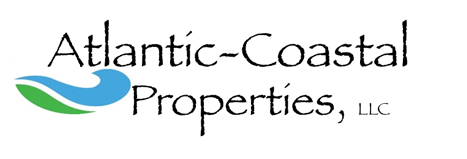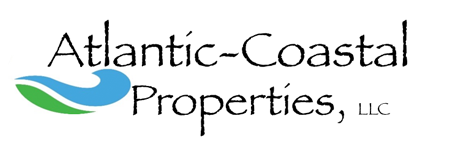The Get better at of Science (MSc) degree represents a pinnacle of educational achievement in various fields, giving students with advanced knowledge and specialized skills for you to excel in their chosen careers. As the landscape of higher knowledge evolves and demands to get skilled professionals continue to expand, there is an increasing emphasis on examining and innovating MSc curricula to ensure their relevance, puritanismo, and effectiveness. In this article, many of us undertake a comparative study of assessment practices as well as innovative approaches across MSc curricula, exploring the strategies used by institutions to enhance learning results and prepare graduates for success in today’s competitive job market.
Assessment serves as a cornerstone connected with MSc curricula, providing school with valuable insights in students’ understanding, performance, as well as progress. Traditional assessment strategies, such as exams, quizzes, along with essays, remain prevalent in several MSc programs, offering instructors a means to evaluate students’ information, critical thinking skills, as well as ability to apply theoretical ideas to real-world problems. But these traditional methods typically fail to capture the full range of students’ abilities and can not align with the different learning styles and personal preferences of today’s learners.
In response to these challenges, many organizations are embracing innovative assessment practices that emphasize traditional, experiential learning and showcase the development of practical skills tightly related to students’ future careers. Project-based assessments, case studies, ruse, and portfolio evaluations usually are increasingly being integrated into MSc curricula, providing students having opportunities to apply their understanding in authentic contexts, collaborate with peers, and acquire feedback from faculty along with industry professionals. These impressive assessment methods not only increase students’ engagement and inspiration but also foster the development of vital thinking, problem-solving, and conversation skills essential for success in our knowledge-driven economy.
Furthermore, the combination of technology-enabled assessment applications and platforms is revolutionizing the way MSc programs assess student learning and development. Online quizzes, interactive ruse, virtual labs, and computer-based сlicking here assessments offer instructors flexible, scalable, and efficient ways to evaluate students’ understanding and satisfaction while providing students together with immediate feedback and personal learning experiences. Additionally , information analytics and learning statistics tools enable instructors in order to students’ progress, identify parts of improvement, and tailor education to meet individual learning needs, enhancing the overall effectiveness and efficiency of MSc curricula.
Innovative assessment practices in MSc curricula extend beyond traditional academic metrics in order to encompass broader measures regarding student success and preparedness for the workforce. Professional knowledge assessments, competency-based evaluations, as well as industry certifications are more and more being incorporated into MSc programs to ensure that graduates offer the knowledge, skills, and experience required to excel in their preferred fields. These assessments supply students with tangible evidence of their proficiency and increase their competitiveness in the job market, while also signaling to employers the quality and esprit of the MSc program.
In addition, the ongoing evaluation and refinement of MSc curricula through continuous quality improvement functions are essential to ensuring their usefulness and relevance in a fast changing world. Programmatic assessment, stakeholder feedback, and solutions assessment are integral pieces of quality assurance frameworks used by institutions to monitor and enhance the quality of MSc applications. By systematically collecting as well as analyzing data on student learning outcomes, program success, and alumni success, companies can identify areas for improvement, implement evidence-based affluence, and continuously innovate to satisfy the evolving needs regarding students and employers.
To conclude, assessment and innovation are generally central to the ongoing development of MSc curricula, making certain their relevance, rigor, and effectiveness in preparing graduates for success in today’s dynamic and also competitive job market. By adopting innovative assessment practices, leveraging technology-enabled tools and websites, and integrating broader procedures of student success as well as readiness for the workforce, corporations can enhance the quality along with impact of MSc programs, equipping graduates with the expertise, skills, and competencies was required to thrive in their chosen careers. As we continue to assess in addition to innovate in MSc curricula, we must remain committed to constant improvement and excellence, making certain our programs remain with the forefront of higher education in addition to meet the evolving needs regarding students, employers, and society.





No Comments